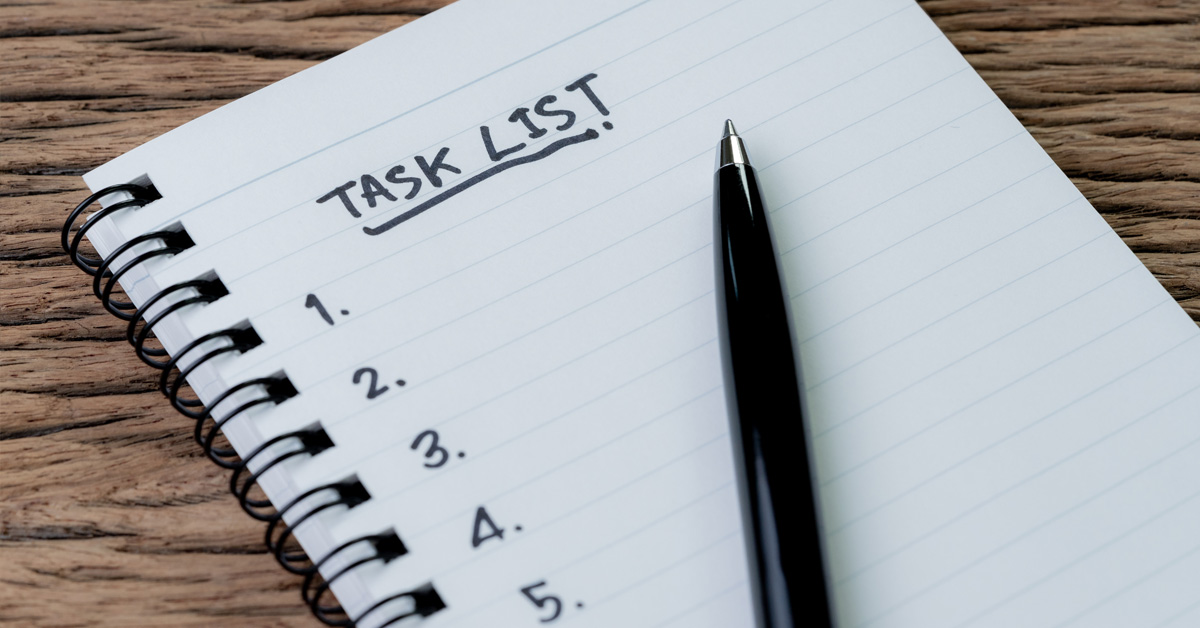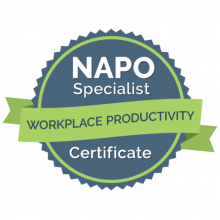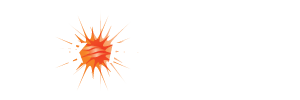We were excited to be included in this productivity boosting article written by Hamza Khan for Asana, a team project management application. The article is titled, “How to Write the Perfect Task to Move Work Forward”.
Following are excerpts from his piece…
“Vague tasks are often are comprised of several smaller tasks which, if unaccounted for, will throw your workflow out of whack when you’re nearing a deadline.
To move projects forward, it’s imperative that we finesse our task-writing skills. The ideal task includes four components:
1 Step | A task should begin with a verb, so write it down as an action…the key to structuring your task is to recognize the difference between single step and multi-step tasks, and to write them out accordingly.
2 Details | Next, you’ll want to provide details about exactly what it is you’re doing. Approach the details of writing like a journalist would approach writing a story. It’s tedious, but answering these questions ensures that your task is understood upon the first read…
3 Deadlines | To actually make ideas happen, every task must have a deadline. *
4 Context | And finally, provide additional details to help you prioritize this task. …energy-based…time-based…priority-based…work/life based context…”
*While for some folks including a deadline as a rule helps, we think a better path for most is to date only when you’ve declared or accepted a specific deadline. If you’re a chronic dater it might feel uncomfortable in the beginning, but crossing the few dated items off first and then shopping from among the undated tasks to conquer as your mood and time allows can be a powerful and empowering way to work.
Using these components, following are examples of effective task prompts:
- “Write First Draft of Marketing Team’s 2015 Final Report (Due: September 23rd @ 10:00am)”
- :10 find out who handles PAYPAL payments to vendors (Notice the estimated time is part of the task itself; placing it at the beginning of the task allows for easier identification)
- :05 send Kelly UX CALL INFO so she can upload into segment library
- :30 book HOTEL and conference room for upcoming new hire training (Jamie @ Allerton | 312.555.5555) (Notice the details to complete the task are included in the description)
- :05 schedule time with BILL post-thanksgiving to update/establish next steps
I’m guessing you agree with Hamza that “ideas are easy, but turning them into a reality is a whole other story.” I hope these guidelines on how to write a task help you to turn more of the important things on your list into accomplishments. Next month we’ll share how to “verberize” your tasks with GTD Verbs – highlighting one of Getting Things Done author David Allen’s nuance lessons to carefully choose a single-step verb for tasks and multi-step ones for projects.



